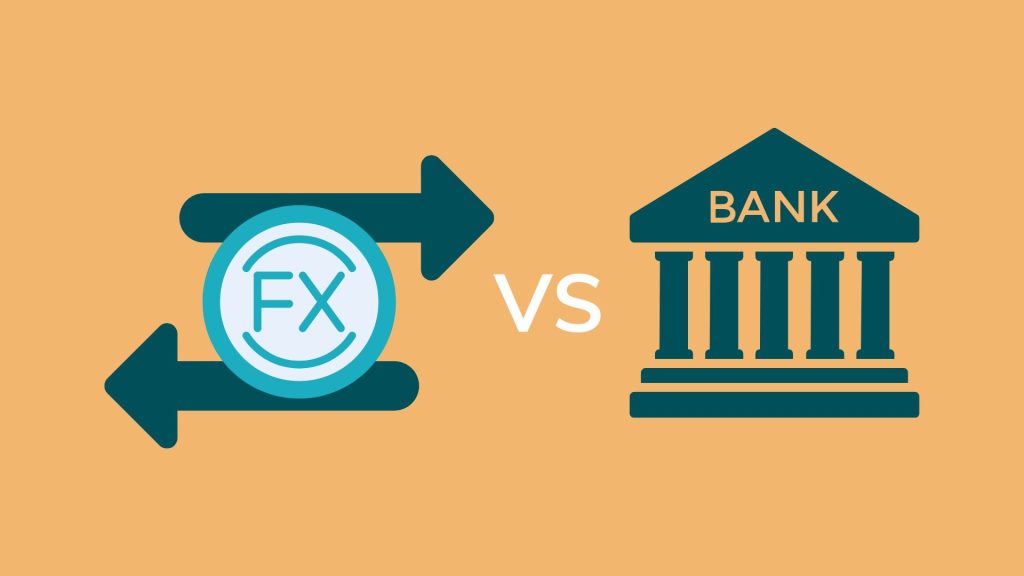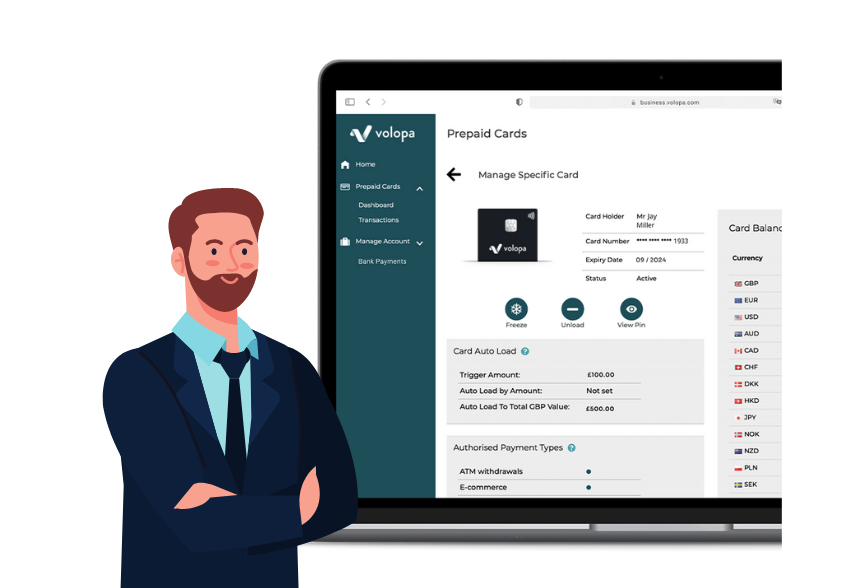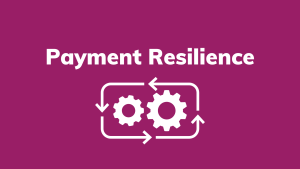Business
Specialist FX payment providers VS banks

The best option for B2B international payments.
The two most commonly used foreign currency exchange payment providers are banks and specialist payments providers, but which one is best for your business? This article explores the benefits of using banks and specialist payments providers when making international payments.
Banks are familiar
We’re used to using traditional banks for most of our financial requirements including accounts, cards, loans and payments. Many businesses continue to do so as banks provide a certain level of comfort and familiarity when completing financial transactions. Payments specialists on the other hand are less familiar, so there can exist greater apprehension from businesses to use a specialist payments provider and often confusion about how such providers work.
Banks are not exchange specialists
While most banks offer international payment services, this is not an area that they specialise in. For instance, it is unlikely that your local bank branch has a foreign exchange specialist to help you navigate the complexities of an international FX payment, keep you updated on the status of your business payments or the latest market movements.
Specialist FX payments providers on the other hand often have a team of experts with vast knowledge of the foreign exchange market. This expertise, combined with transparent pricing and a platform specifically engineered with businesses in mind can help you make international payments and obtain competitive rates with ease, all with the support of dedicated payment specialists.
The leading international payments providers combine specialist knowledge with innovative technology and certainly should be considered as legitimate alternatives to traditional banks.
Securing the best exchange rates
Generally speaking, both banks and payments providers charge a margin, typically via a commission or a percentage-spread, for converting currencies from the funding currency (what you send them) to the payment currency (what the recipient receives). Banks are traditionally risk averse to currency movements due to the size of the portfolio of client assets they hold in multiple currencies. Any shock movement within the currency market can amount to significant losses, and in a bid to mitigate this risk, banks tend to apply higher margins.
International payments providers generally take a different approach, utilising live rates which they transact with immediately. Using this methodology, they don’t need to hold on to funds, the risk is less, and margins can therefore be much lower amounting to better exchange rates for their clients.
Payment Speed
Just as a bank cheque takes time to deposit into an account, so does sending money from one country to another. International FX payments can often take days to reach your recipient if sent via your bank. This is because banks often use manual currency conversion processes and tend to send funds via costly legacy banking networks. If you wish to transfer funds quickly, banks may not be your best option.
Specialist payments providers have established “points-of-difference” in the international payments market through innovative solutions to enable same-day international payments using more robust platforms and security systems. Specialist payment providers tend to route international payments via newer alternative payment rails that are quick, low-cost and easy to track, meaning recipients receive their payments in full and on time, while payment initiators can stay up to date with their payment statuses.
Conclusion
Whilst a bank may provide familiarity, specialised payments providers can offer better FX and payments expertise, superior technology and more cost-effective exchange rates. Through the tailoring of solutions and streamlining compliance requirements, services provided are largely more client-centric and focused. This often amounts to lower fees and charges as well as a superior customer experience for their clients.

Securing the best exchange rates
Generally speaking, both banks and payments providers charge a margin, typically via a commission or a percentage-spread, for converting currencies from the funding currency (what you send them) to the payment currency (what the recipient receives). Banks are traditionally risk averse to currency movements due to the size of the portfolio of client assets they hold in multiple currencies. Any shock movement within the currency market can amount to significant losses, and in a bid to mitigate this risk, banks tend to apply higher margins.
International payments providers generally take a different approach, utilising live rates which they transact with immediately. Using this methodology, they don’t need to hold on to funds, the risk is less, and margins can therefore be much lower amounting to better exchange rates for their clients.
Payment Speed
Just as a bank cheque takes time to deposit into an account, so does sending money from one country to another. International FX payments can often take days to reach your recipient if sent via your bank. This is because banks often use manual currency conversion processes and tend to send funds via costly legacy banking networks. If you wish to transfer funds quickly, banks may not be your best option.
Specialist payments providers have established “points-of-difference” in the international payments market through innovative solutions to enable same-day international payments using more robust platforms and security systems. Specialist payment providers tend to route international payments via newer alternative payment rails that are quick, low-cost and easy to track, meaning recipients receive their payments in full and on time, while payment initiators can stay up to date with their payment statuses.
Conclusion
Whilst a bank may provide familiarity, specialised payments providers can offer better FX and payments expertise, superior technology and more cost-effective exchange rates. Through the tailoring of solutions and streamlining compliance requirements, services provided are largely more client-centric and focused. This often amounts to lower fees and charges as well as a superior customer experience for their clients.
Alex Lampert-Zakiewicz
Written by Alex Lampert-Zakiewicz
Alex is the Corporate Sales Manager at Volopa. Volopa provides a simple, seamless International Payments platform that allows you to easily make international payments in 38 currencies to 180 countries in a matter of minutes, all using your existing bank account and usually providing far more competitive rates than a traditional bank would offer.
Please get in touch with the team at Volopa if you would like to learn more:



